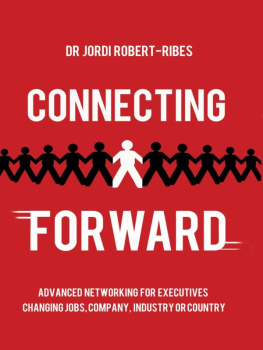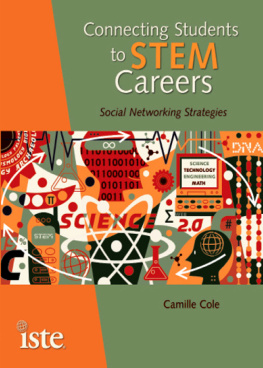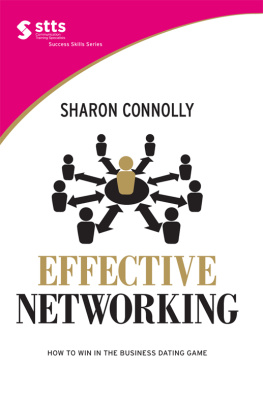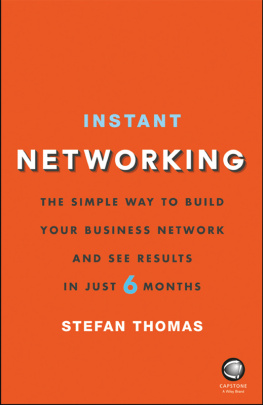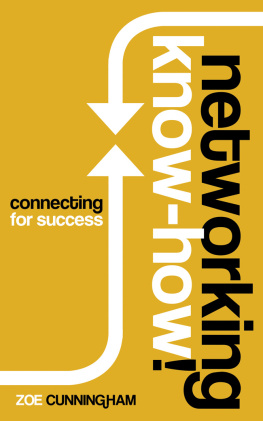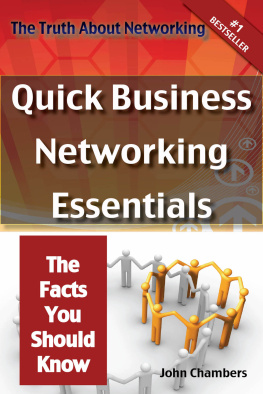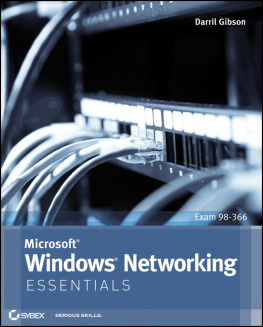Copyright 2012 Jordi Robert-Ribes
Illustrations by www.silvialanga.com
The moral right of the author has been asserted.
Apart from any fair dealing for the purposes of research or private study, or criticism or review, as permitted under the Copyright, Designs and Patents Act 1988, this publication may only be reproduced, stored or transmitted, in any form or by any means, with the prior permission in writing of the publishers, or in the case of reprographic reproduction in accordance with the terms of licences issued by the Copyright Licensing Agency. Enquiries concerning reproduction outside those terms should be sent to the publishers.
The information presented herein represents the views of the author as of the date of publication. This book is presented for informational purposes only. Due to the rate at which conditions change, the author reserves the right to alter and update his opinions at any time. While every attempt has been made to verify the information in this book, the author does not assume any responsibility for errors, inaccuracies, or omissions.
Matador
9 Priory Business Park,
Wistow Road, Kibworth Beauchamp,
Leicestershire. LE8 0RX
Tel: (+44) 116 279 2299
Fax: (+44) 116 279 2277
Email:
Web: www.troubador.co.uk/matador
ISBN 978 1780889 887
British Library Cataloguing in Publication Data.
A catalogue record for this book is available from the British Library.
Typeset in 11pt Bembo by Troubador Publishing Ltd, Leicester, UK Printed and bound in the UK by TJ International, Padstow, Cornwall

Matador is an imprint of Troubador Publishing Ltd

Lets Get the Basics Right
Yes, you can help your new colleagues!
You might be moving into a new company, progressing into a new industry, or even relocating to a new country. You might be an experienced networker and networking is not new to you.
Now you face a new challenge; succeeding in a new territory. How are you going to create your network from scratch?
Networking is leveraging your relationships for mutual gain. There is no such thing as successful one-way networking. Everyone needs to get something out of it. If you are the only one who benefits from your network, it will not be sustainable over time. If you give nothing, you will receive nothing. If you bring value to your relationships for instance by sending useful articles your network contacts will reciprocate and bring value back to you. We are all human. We like to receive as well as give.
However, now you are in unknown territory. You can see clearly how your new colleagues can help you. How on earth can you help them? You might feel there is not much you can do for them. They know the territory much better than you do. They do not need your help. They might even have their own turf and feel threatened by your arrival. If these are some of your fears, relax, take a deep breath, and keep reading. You can be successful in your new territory. Networking will be crucial to that success.
Book structure
This book has an introduction and three parts. The introduction will review some basic networking techniques. I will also introduce the analogy of networking and road building.
The following three parts discuss each situation in which you might want to improve your networking techniques after going into new territory.
The first part (Network Inside a Corporation) will guide your efforts when you change position within your company or move to another corporation.
The second part (Network in a New Industry) deals with networking when you change sectors.
The third part (Networking Across a New Country) considers networking when you change countries.
Throughout the book you will read real cases (case studies) of people who have used networking in some of their career changes. I interviewed these people during the information gathering stage for this book. They are very diverse, from vice-presidents of public corporations to freelance professionals. You can, most probably, identify with one of them
Your attitude towards helping others
Networking needs a genuinely helpful attitude and lots of practice.
Like most things in life, effective networking cannot be achieved by just following the steps in a recipe book. It is a skill that comes with practice. Probably you learned rudimentary networking during your previous career and now you need to upgrade it to suit your new situation. You will need to change or improve some of your networking techniques. This book will help you do that. However, the key to success will remain the same: your attitude towards helping others. If you only want to receive, it will be very hard for people to help you.
If you do not greet, they will not greet you. If you do not help, they will not help you. If you do not give information, they will not give you information. Its the boomerang effect.
Networking needs practice. Advanced networking needs a lot of practice! You didnt learn to ride a bike by reading how to do it. You went to the park and practiced. When you first learned networking, you learned by doing. Now you need to go to the next level: advanced networking. Reading a book, this one or any other, is not enough. You need to get out and apply your reading so that it becomes learning. Lets go back to our bike analogy. You can ride a bike and hope to do the Amateur Tour de France. You need to read a book on how to train for it. However, the most important part will be getting out and training!
Back in 1980, Patricia Wagner and Leif Smith wrote, Networks are processes, not institutions. Rail networks are fixed networks. Our personal networks are living networks. They live thanks to our attitude towards them. The tools we use are just that: tools. They need power so that they can move. That power is your attitude towards helping others. The same type of power (your attitude) is needed whether you are within your comfort zone (with your friends or colleagues) or you are moving into uncharted territory.
Somehow the petrol is more important than the pipes. How you relate to your network is more important than the network itself. Lyz Linch puts it very clearly when she writes in her book Smart Networking, To me the secret lies less in whos in your network and more in how you relate to your network.
Note the difference between the following two people. One communicates with his network only when sending Christmas cards. The other one interacts every couple of months with the people in her network. It is obvious that the former is someone with an address book while the latter has a network!
Along the same lines, Herminia Ibarra and Mark Hunter, professors at INSEAD, remind us, A network lives and thrives only when it is used. You must keep your network alive even during periods when you feel you dont need it. You will probably need it sooner than you expect. If you let your network cool down too much, you might not be able to revive it! There are many examples of leading executives whose careers stalled as soon as they entered uncharted territory. Some of them had stopped networking while in their previous roles. They had only retained a few acquaintances in their network. There were people in their network but they didnt relate to them. They had a passive attitude towards networking.
Growing your network, one node at a time
You meet new people via other contacts. Thank them.
Next page
